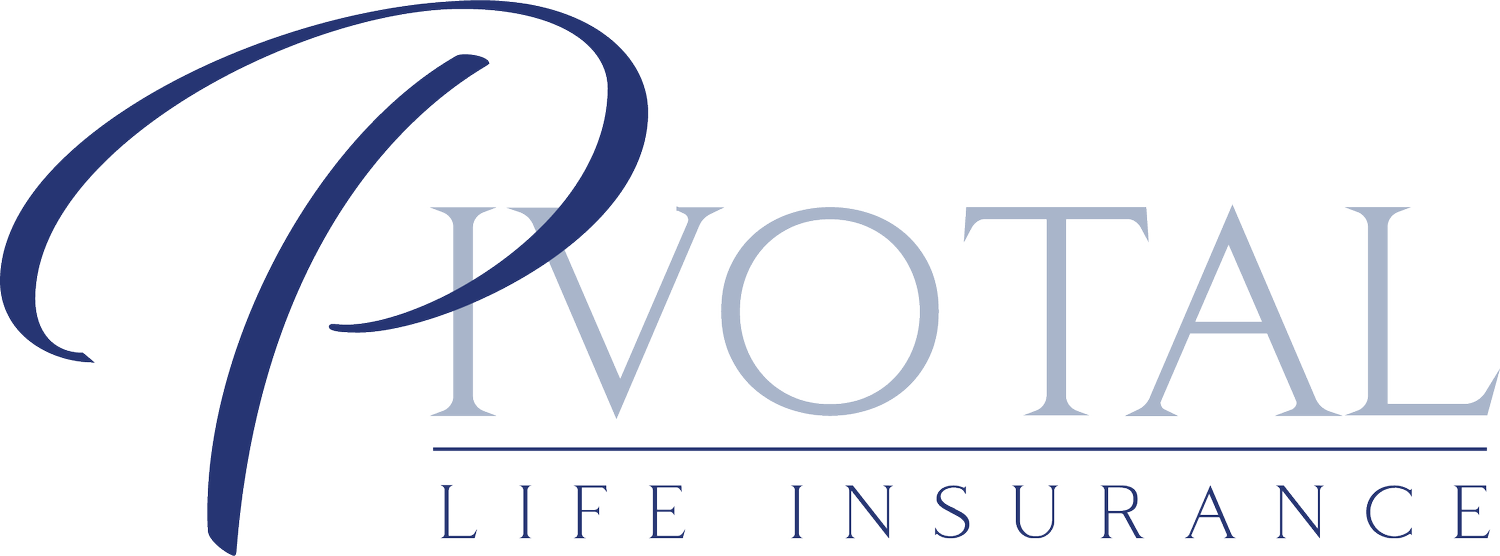Whole Life Insurance: A Complete Guide for New Buyers
Whole life insurance can provide valuable coverage and savings for those looking to protect their loved ones and plan for the future.
What is whole life insurance?
Whole life insurance is a type of permanent life insurance that provides coverage for the entire lifetime of the insured. Unlike term life insurance, which only provides coverage for a specified period of time (10, 20 or 30 years), whole life insurance offers guaranteed coverage as long as the premiums are paid.
Types of whole life insurance
There are several types of whole life insurance, including:
Traditional whole life insurance - offers a guaranteed fixed premium and death benefit
Universal life insurance - offers more flexibility in terms of premium payments and death benefits
Variable life insurance - is indexed off of the stock market (usually S&P 500) and allows the policyholder to invest the cash value component in a variety of investment options.
Features of whole life insurance policies
Whole life insurance policies have several key features, including:
Guaranteed death benefit
Fixed premiums
Cash value accumulation, which can be borrowed against or used to pay future premiums
The cash value growth is tax-deferred, so the policy holder won’t have to pay taxes on the growth until they withdraw funds.
Dividend payments (for participating policies)
Pros and cons of whole life insurance
Before committing to a policy, you need to know the benefits and pitfalls so that you can make an informed decision.
Advantages of whole life insurance
Lifetime coverage
Guaranteed death benefit
Cash value accumulation which can provide a source of tax-deferred savings that can be used for a variety of purposes, such as paying for college tuition or supplementing retirement income.
Fixed premiums, so you know what to expect each month
Peace of mind knowing that your loved ones will receive a death benefit no matter when you pass away.
Disadvantages of whole life insurance
Higher premiums than term life insurance
Cash value accumulation may not keep up with inflation, which may reduce the value of the policy
Less flexibility than other types of life insurance, such as universal or variable life insurance
How to choose a whole life insurance policy
Consider these factors when choosing a policy:
Find a life insurance agent
The first step in choosing a whole life insurance policy is talking to an agent that will educate you on your options and help determine your coverage needs based on your lifestyle and what you can afford. This will depend on factors such as your income, your age, and the number of dependents you have. Reach out - we can help you!
Comparing policies from different insurance carriers
It is important to compare policies from different insurers to find the best rates and terms. Be sure to compare premiums, death benefits, cash value accumulation, and other features to find the policy that best meets your needs. At Pivotal Life Insurance, we work with 16+ carriers and will do the shopping and comparisons for you.
Understanding policy terms and conditions
Read the terms and conditions carefully to understand the elements of the policy including costs and benefits. Pay attention to factors such as premium payments, death benefits, and cash value accumulation.
Top 3 myth busters about whole life insurance
Myth 1: It’s too expensive
While whole life insurance premiums are typically higher than term life insurance premiums, they are not necessarily unaffordable. Additionally, the cash value component of the policy can provide a source of savings that can be used to pay future premiums.
Myth 2: Term life insurance is always a better option
While term life insurance may be a better option for some, whole life insurance offers the advantage of lifetime coverage and cash value accumulation. Additionally, whole life insurance premiums are fixed, while term life insurance premiums may increase over time. Lastly, once the term policy ends, you walk away with no cash value or coverage.
Myth 3: Whole life insurance is only for wealthy individuals
While whole life insurance may be more expensive, it is not only for affluent individuals. People with dependents who will financially suffer should you pass and have a need for lifetime coverage can benefit from whole life insurance.
By understanding the types of whole life insurance available, the features and benefits of these policies, and the factors to consider when choosing a policy, you can make an informed decision about the coverage that best meets their needs.
——————————————————————————————————————————-
About Pivotal Life Insurance
Pivotal Life Insurance is a family owned, independent insurance agency that focuses on income protection and family security through Life Insurance products (Term Life, Whole Life, Final Expense), Mortgage Protection and Annuities. With a range of product offerings, we accommodate the varying needs of our clients through resources provided by the nation’s top rated carriers. Although we are headquartered in South Florida with a branch in Maryland, we service most of the United States as our agents are licensed throughout the country. Pivotal Life Insurance is one of the fastest-growing agencies and we pride ourselves in putting you, our customers, first.
Insurance Is Pivotal. Family & legacy are worth protecting. Cherish what’s important.
For any questions or assistance, call the author now: (561) 412-5500

